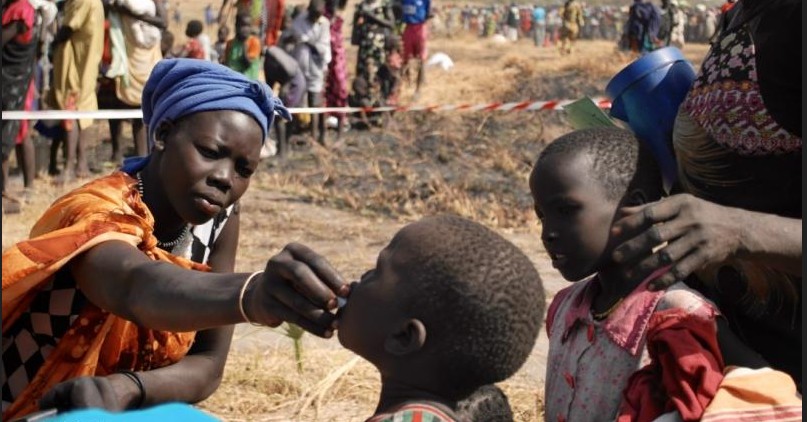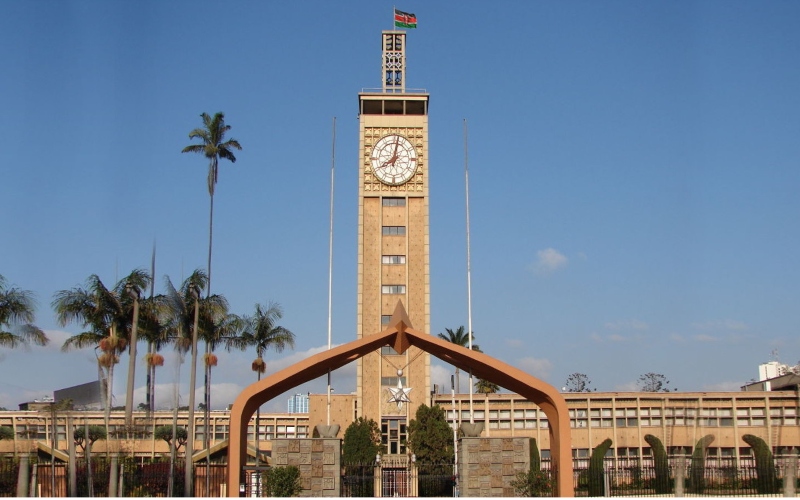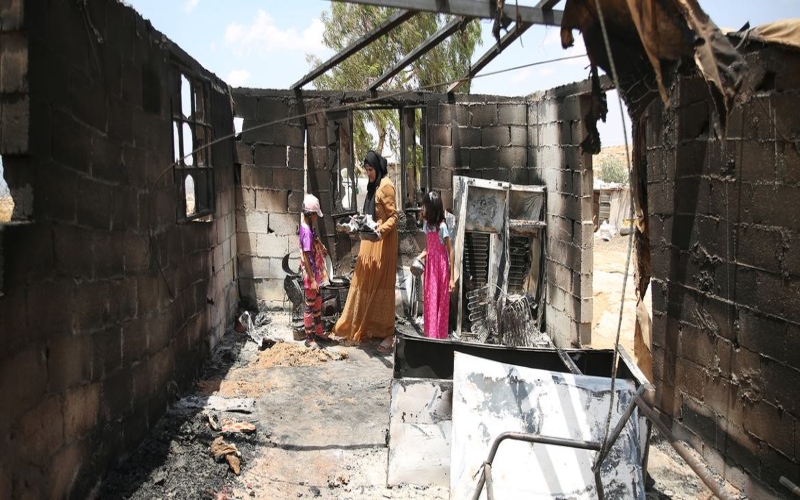Cholera cases in Sudan declining after infecting over 68,000 people, Health Ministry says

Similarly, Chong warned that the number of new cholera infections may rise as Sudan's rainy season approaches.
The number of new cholera infections in Sudan has been steadily declining, despite the outbreak having affected over 68,000 people since it began in September 2024, the country's National Ministry of Health has revealed.
Out of the affected individuals, approximately 96 per cent have been treated and discharged. Unfortunately, 1,350 individuals, comprising mostly women and children, have succumbed to the disease.
More To Read
- Sudan: Kordofan cannot become ‘another El Fasher,’ UN rights chief warns
- Sudan’s crisis deepens with communities trapped in ‘siege conditions’
- Somalia welcomes first group of Sudanese students under new scholarship programme
- ‘I have to talk about it' - rape and terror sparks mass migration in Sudan
- Sudan army makes major gains in South Kordofan, retakes key villages from SPLM-N
- Sexual violence driving mass flight from Sudan to South Sudan: What you need to know
"We report every Thursday, and as of last week, the cumulative number of cholera cases stands at 68,000," Dr. Kediende Chong Mapuor, Director General of Preventive Health Services, told Eye Radio.
"Around 96 per cent of these have already been successfully treated and discharged. Regrettably, we have lost about 1,350 lives. However, we are seeing a significant decline in the number of new cases."
He added that cholera vaccination drives have been conducted in 39 counties, with similar initiatives planned for areas such as Greater Kapoeta, Budi, and Akoka counties.
While welcoming the decline in new cholera cases, Dr Chong emphasised that response efforts still face significant challenges such as supply delays to remote areas, insufficient rapid response teams and funding shortfalls.
He also noted that recent US policy changes have affected humanitarian aid and international support for cholera response efforts.
Similarly, Chong warned that the number of new cholera infections may rise as Sudan's rainy season approaches.
"We are advising the public to drink safe water—boiled or chlorinated—and to observe proper hygiene. Caregivers should wash their hands before and after using the toilet or cleaning children. We also call on stakeholders to support water, hygiene, and sanitation initiatives," he said.
The outbreak began in Khartoum and its neighbouring city, Omdurman, in July 2024, before additional cases were detected in several provinces, including North Kordofan, Sennar, Gazira, White Nile, and Nile River.
The ongoing violence in Sudan has played a major role in the spread of the disease, with access to clean water, sanitation, and healthcare services being disrupted, creating ideal conditions for the rapid spread of cholera.
The conflict has also driven many people into overcrowded camps with inadequate hygiene facilities, while damage to water infrastructure and restricted movement hinder efforts to deliver medical supplies and conduct vaccination campaigns.
These factors, combined with limited access to timely treatment, have worsened the cholera outbreak, making it harder to contain and control.
Top Stories Today











































